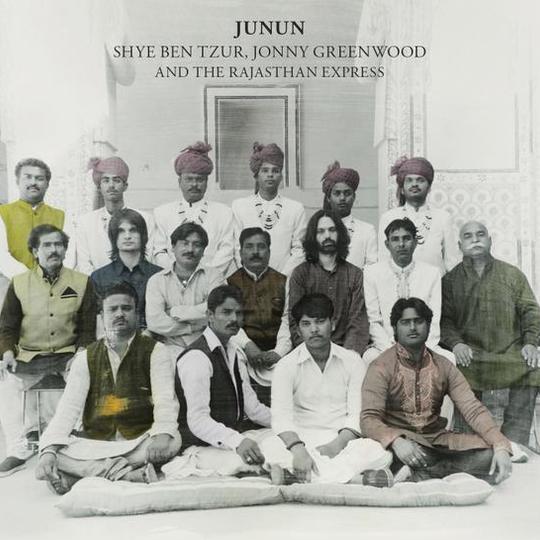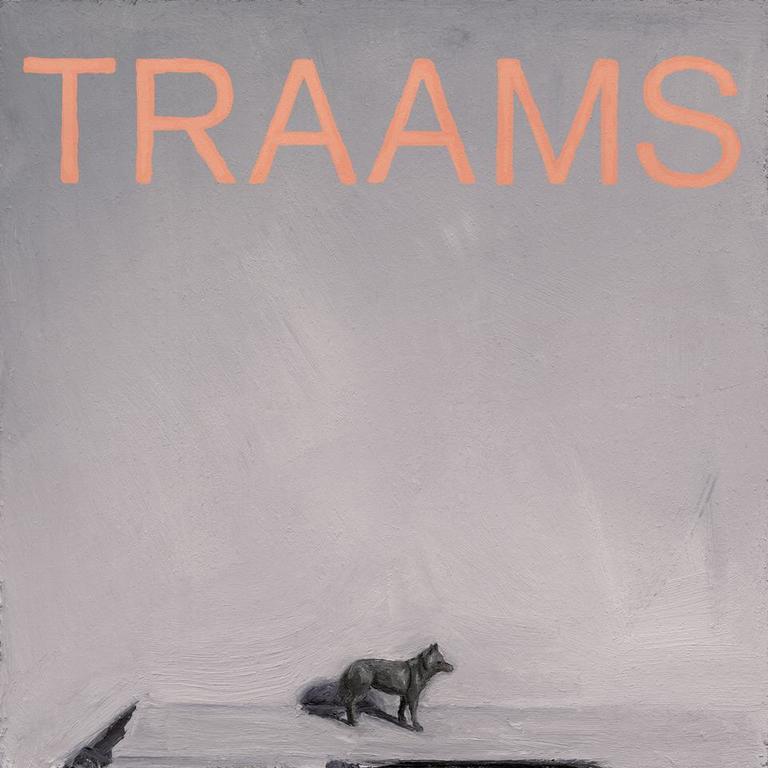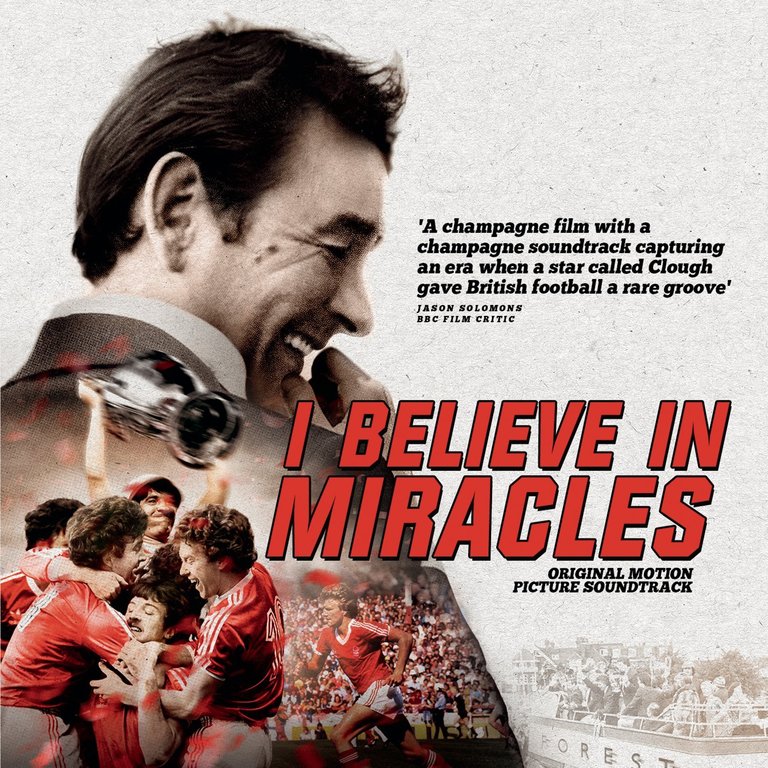The regrettable, but inevitable, shortcoming of a Westerner listening to Shye Ben Tzur, Johnny Greenwood, & The Rajasthan Express’s Junun is that he/she will find him/herself reflecting on the entirety of so-called ‘Eastern’ music, rather than reflecting on the project within a familiar cultural context. That is, unless the listener is a ‘world music’ scholar, which I am not, and which, I presume, the average listener is not. I suppose that’s hardly a bad thing: the impact of a record could certainly be worse than to make a listener reflect on another culture’s musical styles. But it’s unlikely that the music will resonate at the depth that culturally familiar music would.
That being said, there are some truly interesting points of overlap between Shye Ben Tzur’s and Johnny Greenwood’s music. Each rely on cyclical patterns to develop momentum and tension. By American/European pop standards, the songs are predominantly long, bolstered by repetitive rhythmic motifs, above which vocal patterns and other instrumental melodic ideas fluctuate. The ease with which a synth/drum machine/reverby electric guitar fits into Shy Ben Tzur’s compositions is at once surprising and reassuring. However, it is rarely—if ever—revelatory, which for some reason I believe was the intent.
Here are a few moments I find particularly diggable: the interplay of drum machine and live percussion on the title track; some apt delay on the spiritually decisive vocals of 'Roked' and the entirety of 'Kalandar'. 'Kalandar', by the way, is the thing to hear if you don’t hear anything else. The machine instruments and the earth instruments communicate, and a clear unity arises from their differences: a faithful microcosm of Junun’s mission, as I understand it.
The whole thing clocks in at about an hour, which could well be a bit of a strain on your attention. It’s probably true that a long album is the fairest way to document a fruitful experimental collaboration, but given the work it’ll likely take for the listener to relate, an hour could be a lot to ask.
Of Junun—and of cross-cultural recording projects in general— Greenwood has said, 'I’m always a little wary of rock bands half-heartedly dabbling in "world music" — itself a slightly greasy term'. I am too. With postcolonial theory as relevant as it is today, such projects can feel suspiciously like exploitation rather than innocent collaboration. But, to this project’s credit, it would be completely unfair to call it exploitative. I believe it was borne of a genuine respect between the two teams, and I believe ‘dabbling’ would be a woefully inadequate descriptor for the result. That admitted, there is a distinctly 'you-had-to-be-there' quality to the listening experience. The strength of Junun, to me, is primarily academic: a study of the overlap between culturally distant music. Paul Thomas Anderson directed a documentary of the project, by the way. I bet it’s great.
-
7Dustin Lowman's Score






















